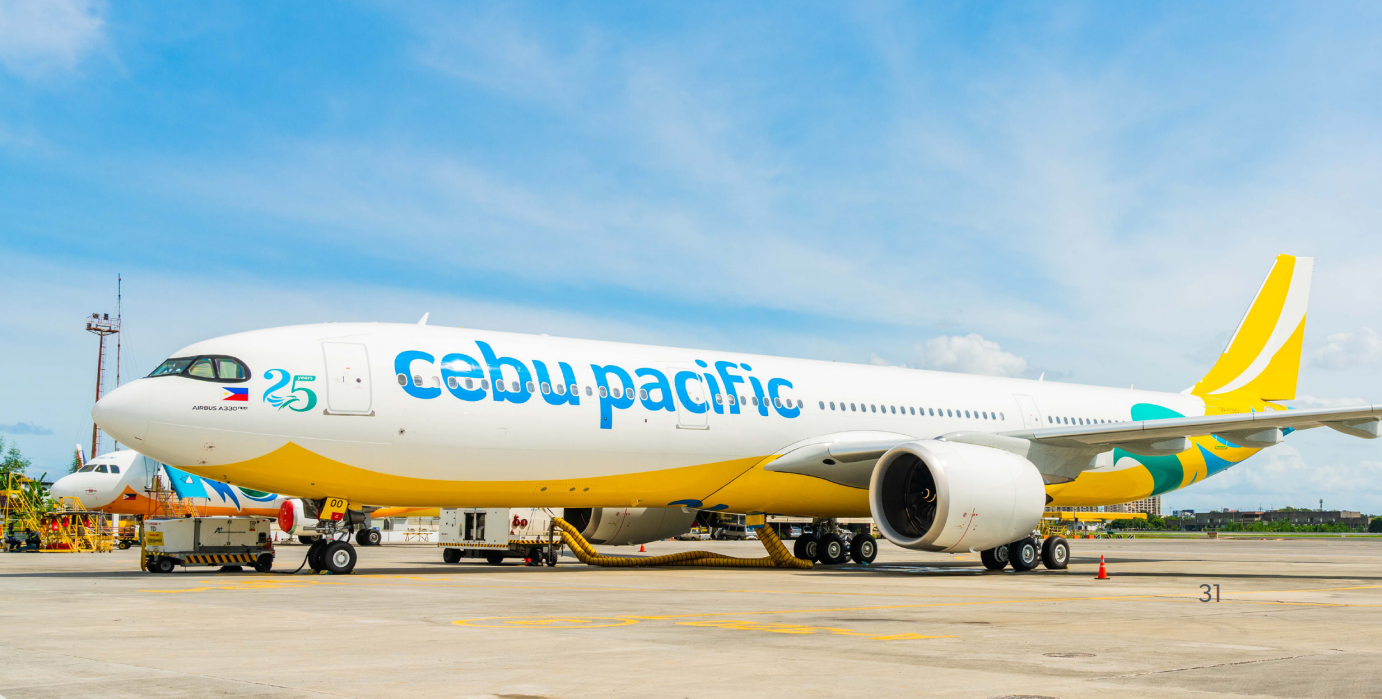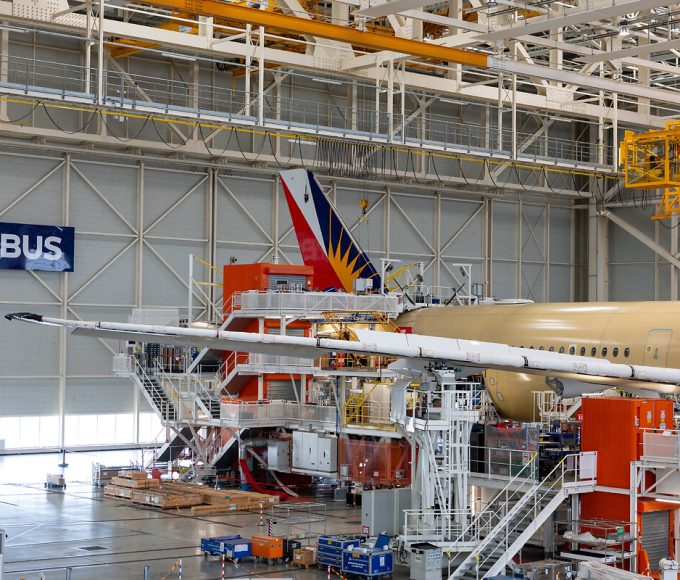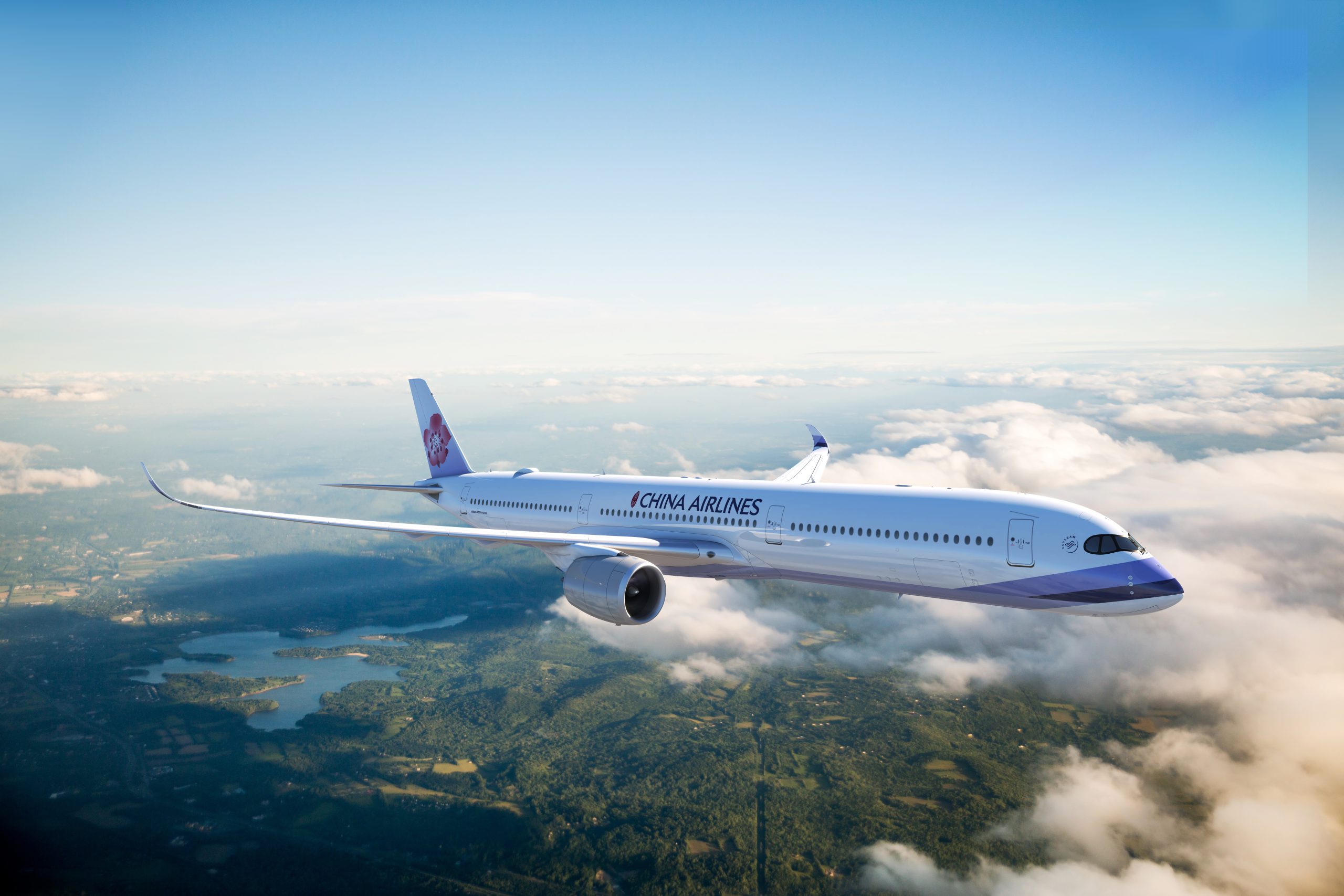The European Union Aviation Safety Agency (EASA) has ordered inspections on engines of Airbus A350-1000 aircraft following a serious incident involving a Cathay Pacific flight earlier this week. The directive comes after an engine fire occurred during a Hong Kong to Zurich flight, forcing the aircraft to return to Hong Kong shortly after takeoff.
According to Reuters, EASA Executive Director Florian Guillermet stated, “This action is a precautionary measure, based on the information received from the initial investigation of the recent Cathay Pacific serious incident and on the airline’s findings in its own subsequent inspections.”
The emergency airworthiness directive, issued on Thursday, requires airlines to conduct visual checks and measurements on fuel hoses within a timeframe of three to 30 days. The order affects the Rolls-Royce Trent XWB-97 engines that power the A350-1000, which represents about 15% of the A350 fleet or 86 aircraft globally.
EASA confirmed that the incident was caused by the failure of a hose in the fuel system, resulting in a fire that was quickly extinguished by the crew. The agency noted that the fire caused heat damage to the engine housing, including ducts used for reverse-thrust on landing.
“This condition, if not detected and corrected could, in combination with additional failures, lead to a more severe engine fire and resulting damage to an airplane,” EASA warned in its directive.
Rolls-Royce and Airbus have stated they are working closely with authorities to comply with the planned directive. Rolls-Royce apologized for any potential disruptions and emphasized its focus on minimizing short-term impacts.
The incident has prompted several airlines to begin inspections of their A350-1000 fleets. Cathay Pacific reported that 15 of its 48 A350s had defective fuel hoses requiring replacement. Other carriers, including Japan Airlines, Singapore Airlines, and Etihad Airways, have also initiated checks on their A350 aircraft.
This directive marks the first major safety challenge for the recently appointed EASA Executive Director, Florian Guillermet. The decision to order fleet-wide checks partially overrode efforts by manufacturers to avoid disruptive action based on their own technical analysis, according to sources cited by Reuters.
As the investigation continues, led by the Air Accident Investigation Authority of Hong Kong, EASA has committed to closely monitoring all information that becomes available through the ongoing safety investigation.























Leave a comment